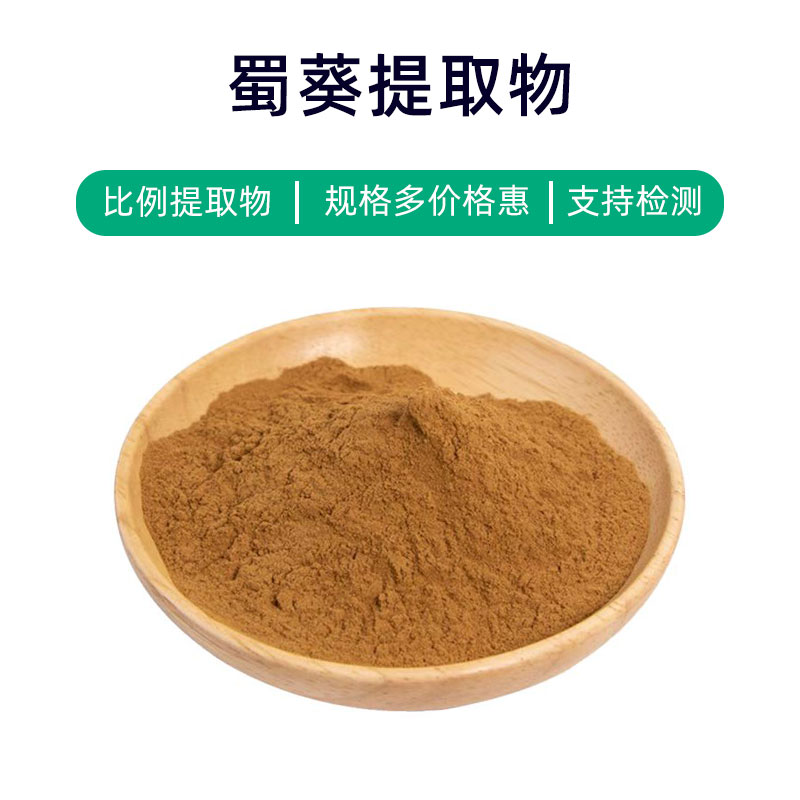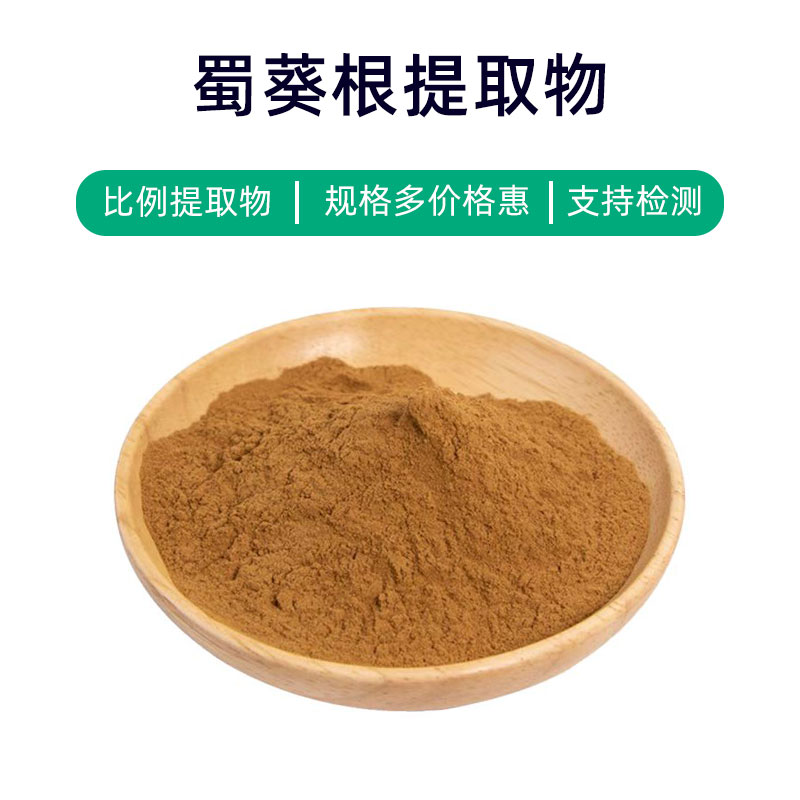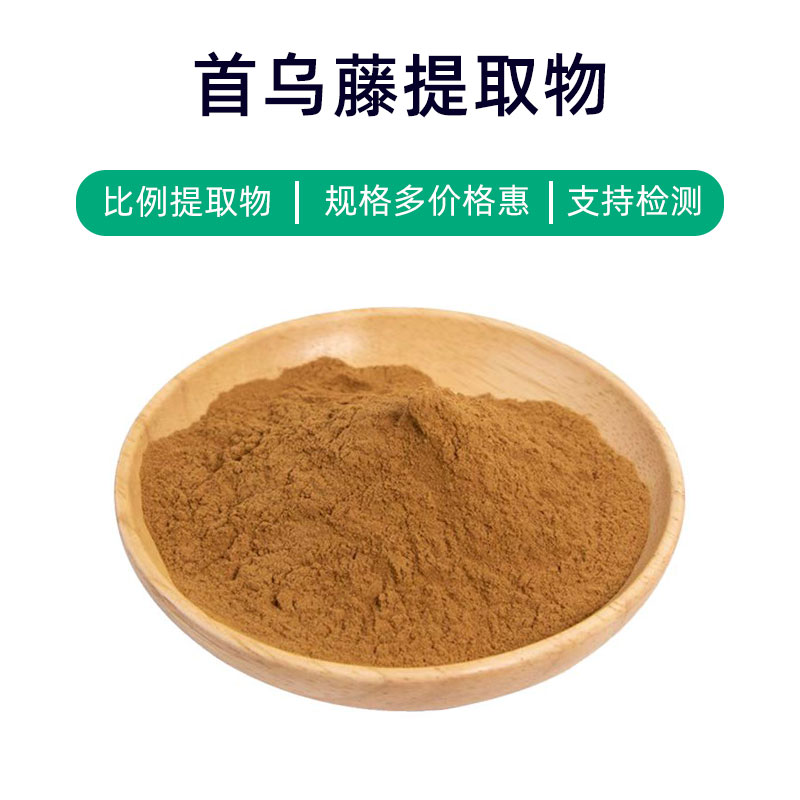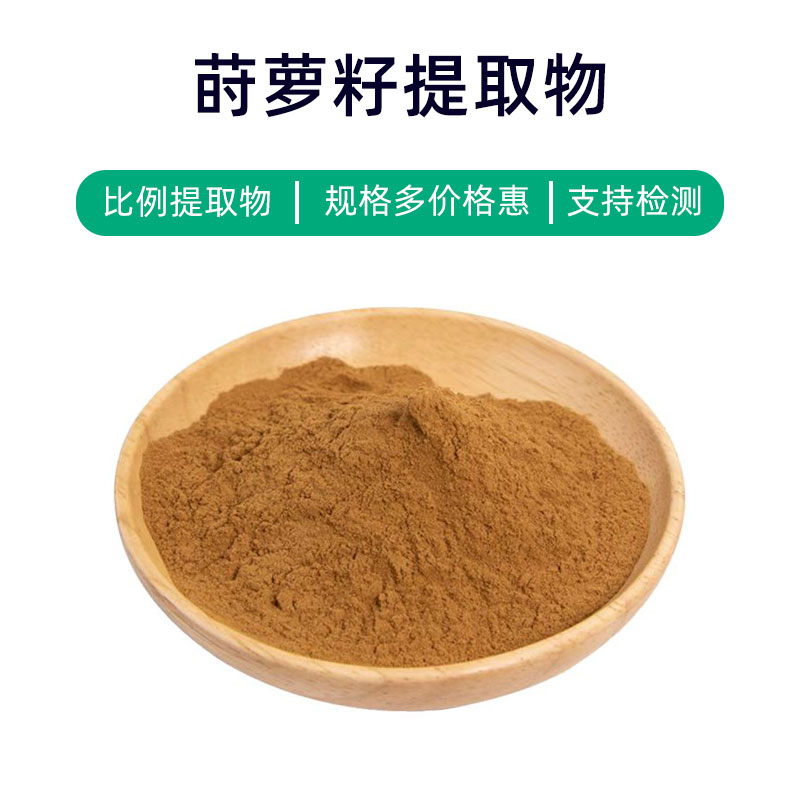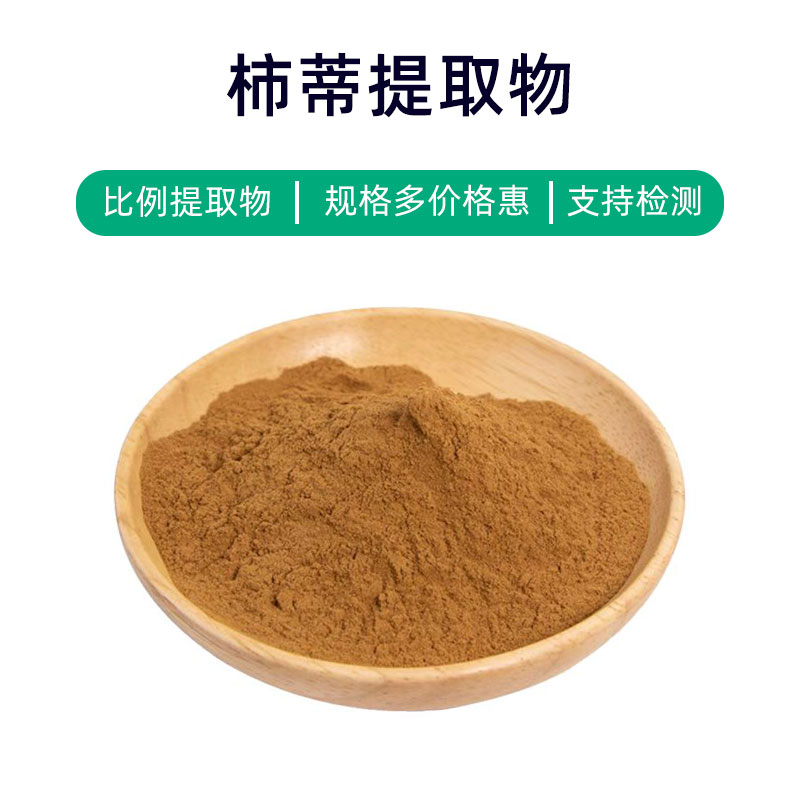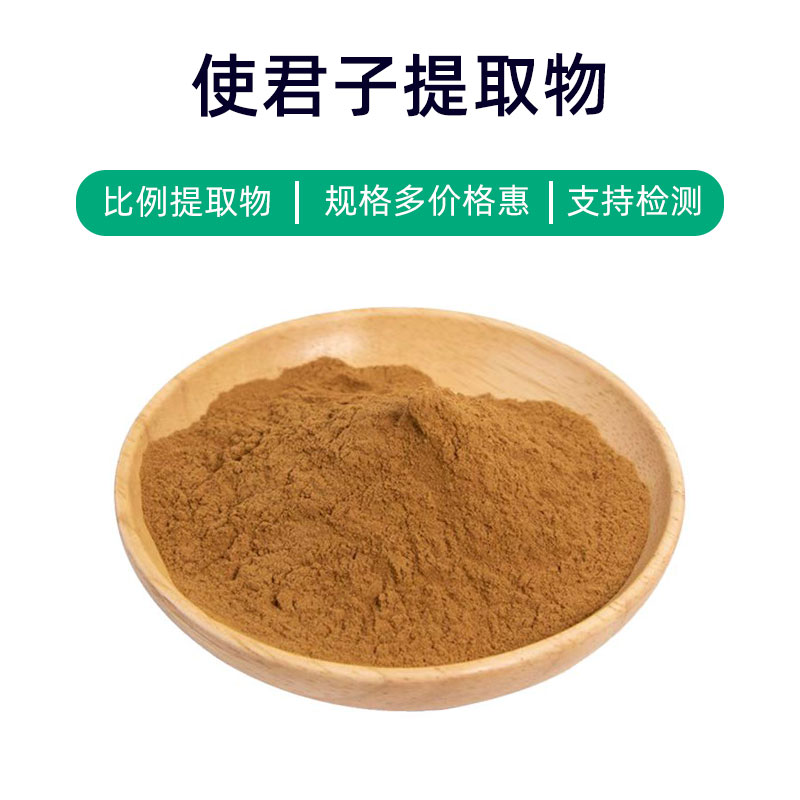Introduction to Cornus Extract
Cornus extract is a natural plant extract obtained from the fruit of Cornus officinalis. Its main components include tannins, flavonoids, organic acids, and vitamins, which confer various benefits and applications.
Firstly, Cornus extract has significant antioxidant properties that can eliminate free radicals and delay cellular aging, helping protect the body from oxidative stress damage.
Secondly, Cornus extract has anti-inflammatory and antibacterial effects, useful for alleviating inflammatory responses, easing skin inflammation, acne symptoms, and inhibiting certain bacteria and fungi.
Additionally, Cornus extract is widely applied in regulating blood sugar and lipids, assisting in controls for diabetes and hypertension among other metabolic disorders.
In the cosmetics field, Cornus extract is commonly added to skincare products for its anti-aging, whitening, and antioxidant benefits, helping improve skin condition, enhance elasticity, and reduce the appearance of wrinkles and fine lines.
Overall, as a natural plant extract, Cornus extract provides a variety of benefits and applications, suitable for use in medicine, dietary supplements, and cosmetics, offering a natural and effective choice for health and beauty.
Production Process for Cornus Extract
The production process for Cornus extract generally includes the following steps:
- Raw Material Preparation: Select fresh, ripe Cornus fruit for extraction. The fruit should be cleaned and processed to remove impurities and defective fruits.
- Milling: The cleaned Cornus fruit is milled into a powder to increase surface area, facilitating the subsequent extraction process.
- Solvent Extraction: Mix the Cornus fruit powder with an appropriate solvent (such as ethanol or water) for extraction. Methods like soaking or heating may be used to extract the effective components.
- Concentration of Extract: The extracted solution is concentrated, typically using vacuum concentration or evaporation to remove excess solvent and obtain a concentrated extract.
- Filtration and Clarification: The concentrated extract is filtered and clarified to remove suspended solids and impurities, ensuring the purity and quality of the extract.
- Drying: The clarified extract undergoes drying, usually via spray drying or vacuum drying, converting it into powder form for easier formulation and use.
- Quality Control: The final Cornus extract product undergoes quality assessment, including checks on appearance, physicochemical properties, and component content to ensure it meets relevant standards.
- Packaging and Storage: The qualified Cornus extract products are packaged, typically in sealed containers to prevent moisture and degradation. Store in a dry, cool, and ventilated environment, avoiding exposure to sunlight and high temperatures to maintain quality and stability.
Effects and Side Effects of Cornus Extract
The production process generally includes:
- Raw Material Preparation: Select fresh, ripe Cornus fruit for extraction. The fruit should be cleaned to remove surface impurities.
- Milling: Cleaned Cornus fruit is ground into powder to facilitate extraction.
- Solvent Extraction: The powder is mixed with a solvent to extract effective components.
- Concentration of Extract: The solution is concentrated to remove excess solvent.
- Filtration and Clarification: The concentrated extract is filtered to ensure purity.
- Drying: The extract is dried to turn it into a powder.
- Quality Control: The extract undergoes testing to ensure it meets standards.
- Packaging and Storage: The product is sealed to prevent moisture and stored properly.
Application Scenarios and Dosage of Cornus Extract
Cornus extract has widespread applications in medicine, food, and cosmetics. Below are its application scenarios and suggested dosages:
- In Medicine:
- Traditional Medicine Formulations: Commonly included in traditional Chinese medicine formulations like Cornus granules, aimed at regulating digestion and enriching blood.
- Medicinal Teas: Used as an ingredient in medicinal teas to aid digestion and enhance vitality.
- Oral Formulations: Can be made into oral liquids for regulating blood lipids and lowering blood pressure.
- In Food:
- Health Supplements: Used in health products like Cornus capsules to enhance physical health and regulate blood lipids.
- Beverages: As an additive in beverages, Cornus extract can be used in teas and juices for digestive support and mental alertness.
- In Cosmetics:
- Skincare Products: Rich in flavonoids and vitamin C, Cornus extract is often added to skincare products for antioxidant, whitening, and anti-aging benefits.
- Hair Care Products: Also used in shampoos and conditioners to promote scalp health and hair growth.
When using Cornus extract, it’s essential to follow recommended dosages based on the type of product. Generally, the dosage for oral formulations is 5-10 grams per use, taken 2-3 times a day; health product dosages should follow guidelines; while for cosmetics, apply as recommended, usually massaging until absorbed. Always adhere to product instructions to avoid excessive use and potential adverse reactions.
Overview of the Source Plant of Cornus Extract, Distribution, and Growing Environment
Cornus (scientific name: Cornus officinalis) is a traditional medicinal material widely used for both medicinal and culinary purposes. Here’s an overview of the source plant.
1. Plant Overview:
Cornus is a deciduous shrub or small tree belonging to the Cornaceae family. Its crown is rounded, with dark brown, fissured bark, opposite leaves that are elliptical or lanceolate, small yellow-green flowers in clusters, and red drupes that are sour and astringent when ripe, which serve as the raw material for the extract.
2. Distribution:
Cornus is mainly found in East Asia, including countries like China, Japan, and South Korea. In China, it predominantly grows in regions such as North China, Central China, Northeast China, and along the Yangtze River in provinces like Hebei, Shandong, Henan, Shaanxi, Hubei, Hunan, Liaoning, and Jilin. Typically, it grows at forest edges, valleys, slopes, along ditches and rivers, and can adapt to various altitudes, from low levels up to approximately 2000 meters.
3. Growing Environment:
Cornus thrives in warm, humid climates, showing strong adaptability, cold hardiness, and drought tolerance, preferring loose, fertile soils rich in organic matter. It usually flourishes in mountainous regions, hillsides, valleys, and riverbanks, requiring adequate moisture and well-drained soil.
In summary, as a medicinal plant, Cornus has broad adaptability to growing conditions but still requires proper management for optimal quality and yield.
Processing and Storage of Cornus Extract
The processing and storage of Cornus extract are crucial to ensuring its quality and efficacy:
- Processing Steps: Generally includes harvesting, cleaning, drying, grinding, and extracting. Only ripe fruits should be selected, cleaned to remove impurities, and dried to meet moisture content standards before grinding for easier extraction.
- Storage Conditions: Cornus extract should be stored in a dry, ventilated place, shielded from sunlight and heat. Sealed containers are recommended, and periodic quality checks should be conducted to avoid spoilage. The extract must be kept away from harmful gases and odors to maintain its quality and efficacy.
Proper processing and storage can effectively preserve the active components and benefits of Cornus extract, extending its shelf life and ensuring its effectiveness in medicinal, food, or cosmetic applications.
Monica Sun is a seasoned expert in the plant extraction industry with over a decade of experience in research and production. She specializes in the extraction and purification of plant active ingredients, focusing on driving innovation in natural product applications. Monica has participated in the development of multiple functional plant extracts, delivering high-value natural raw material solutions for the health food, pharmaceutical, and dietary supplement sectors.









